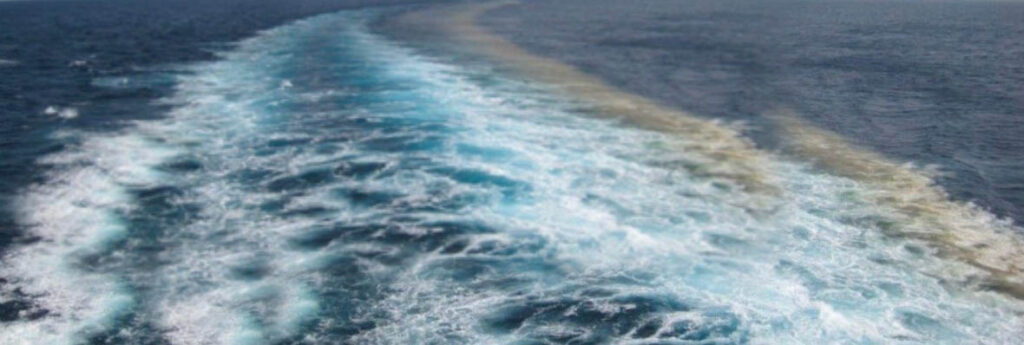Declaring that “Canadians deserve clean waters and a clean environment,” Ottawa has announced new mandatory environmental rules for cruise ships. Announced Friday by Transport Minister Omar Alghabra, the new measures address discharges of greywater and sewage and are effective immediately.
The same measures for the cruise ship industry were announced last year but on a voluntary basis. Now vessels will be subject to fines for non-compliance with these measures, up to the maximum permitted ($250,000) under the Canada Shipping Act, 2001.
The government says the measures are part of its plan to conserve 25% of Canada’s oceans by 2025 and 30% by 2030.
The new rules include:
• Prohibiting the discharge of greywater (the drainage from sinks, laundry machines, bathtubs and showers, or dishwaters) and treated sewage (wastewater from bathroom and toilets) within three nautical miles from shore where geographically possible across Canada
• Strengthening the treatment of greywater together with sewage before it is discharged between three and twelve nautical miles from shore south of 60°N using an approved treatment device in non-Arctic waters. This will complement existing regulations for Arctic waters under the Arctic Waters Pollution Prevention Act; and
• Reporting compliance with these measures in Canadian waters upon request.
“Cruise ships are an important part of our economy and tourism sector, but they need to operate in a more sustainable manner to protect our waters and our environment,” says Alghabra. “The measures introduced today are additional tools in our tool box to keep them accountable. We are committed to continuing to work with industry to implement these measures, keeping our coasts clean for Canadians to enjoy.”
The government says the new measures align, and in some cases exceed, international standards set out by the International Maritime Organization and provide comparable protection to those in the United States that have implemented restrictions, including Alaska, California, and Washington State.

